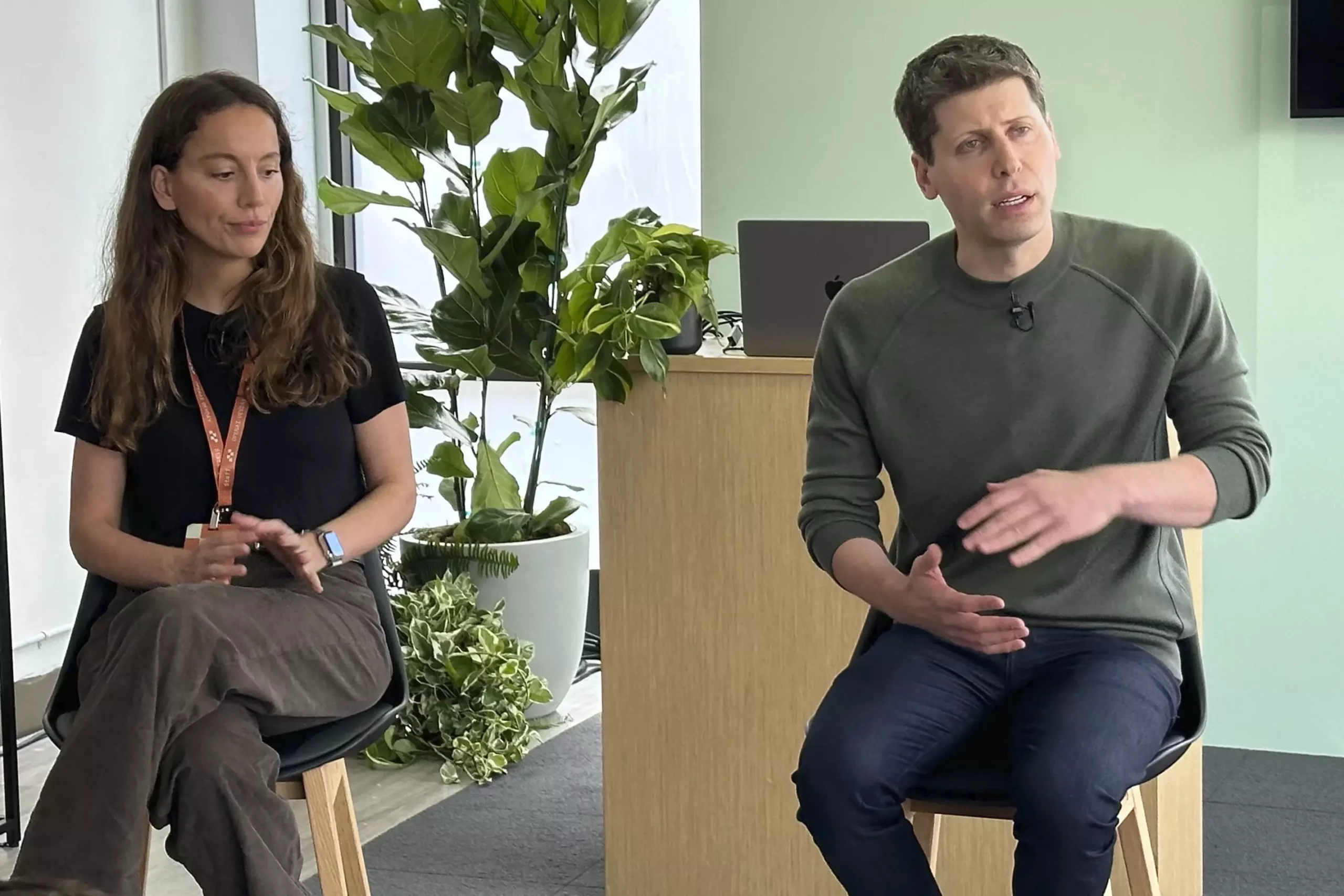As the artificial intelligence landscape continues to evolve, OpenAI faces significant shifts in its leadership structure. Mira Murati, the firm’s Chief Technology Officer, recently announced her departure from the organization after serving as interim CEO for a brief but tumultuous period. Her decision marks another chapter in a narrative defined by change and upheaval at one of the forefronts of AI innovation. In her statement, Murati emphasized the importance of personal exploration, indicating a desire to step back and reassess her career trajectory, a sentiment that reflects her thoughtful approach to leadership amid challenging circumstances.
Murati’s exit, alongside the departures of other key figures such as Chief Research Officer Bob McGrew and research leader Barret Zoph, introduces a fresh wave of uncertainties for OpenAI. Each of these leaders has left the organization amicably and independently, suggesting a collective sentiment that they need new challenges or environments. This trend of high-profile exits is not new for OpenAI; the company’s journey began as a nonprofit entity focused on responsible AI development but has since transformed amidst demands for rapid innovation and commercial success. Notably, co-founder Greg Brockman’s recent hiatus and the departure of John Schulman to rival Anthropic highlight the ongoing volatility within the leadership ranks.
Implications for OpenAI’s Future
The strategic leadership changes at OpenAI come at a time when the organization is grappling with its identity and mission in a competitive sector. Under Sam Altman, OpenAI has surged to the forefront of AI advancements, yet the mounting criticisms regarding the prioritization of product development over safety measures amplify the pressing need for a cohesive vision moving forward. The echoes of Ilya Sutskever’s departure and his team’s assertions about safety protocols resonate profoundly, suggesting that although innovation is vital, the ethical implications of AI must not be overlooked.
The nature of leadership within a rapidly growing company like OpenAI is inherently fraught with challenges. Altman acknowledged the “natural” cadence of leadership changes that accompany growth, yet the abruptness of recent events has created a unique scenario. His recognition of the distinct character of OpenAI hints at the complexity that comes with steering a high-stakes company that balances groundbreaking technology with ethical considerations. As the organization regroups, it will likely seek new leaders who not only possess technical acumen but also a deep commitment to fostering a responsible approach to AI development.
The exits of Murati, McGrew, and Zoph signify a pivotal moment for OpenAI, prompting both introspection and action within the company. Their departures are emblematic of a broader trend in technology firms, where the interplay between innovation and ethical responsibility necessitates a nuanced leadership approach. As OpenAI navigates this transitional phase, it remains to be seen how the next generation of leaders will redefine the company’s mission and values in the face of both internal and external pressures. The future could lead to not only a renewed focus on safety in AI deployment but also a recommitment to the foundational principles that drove OpenAI’s inception.

